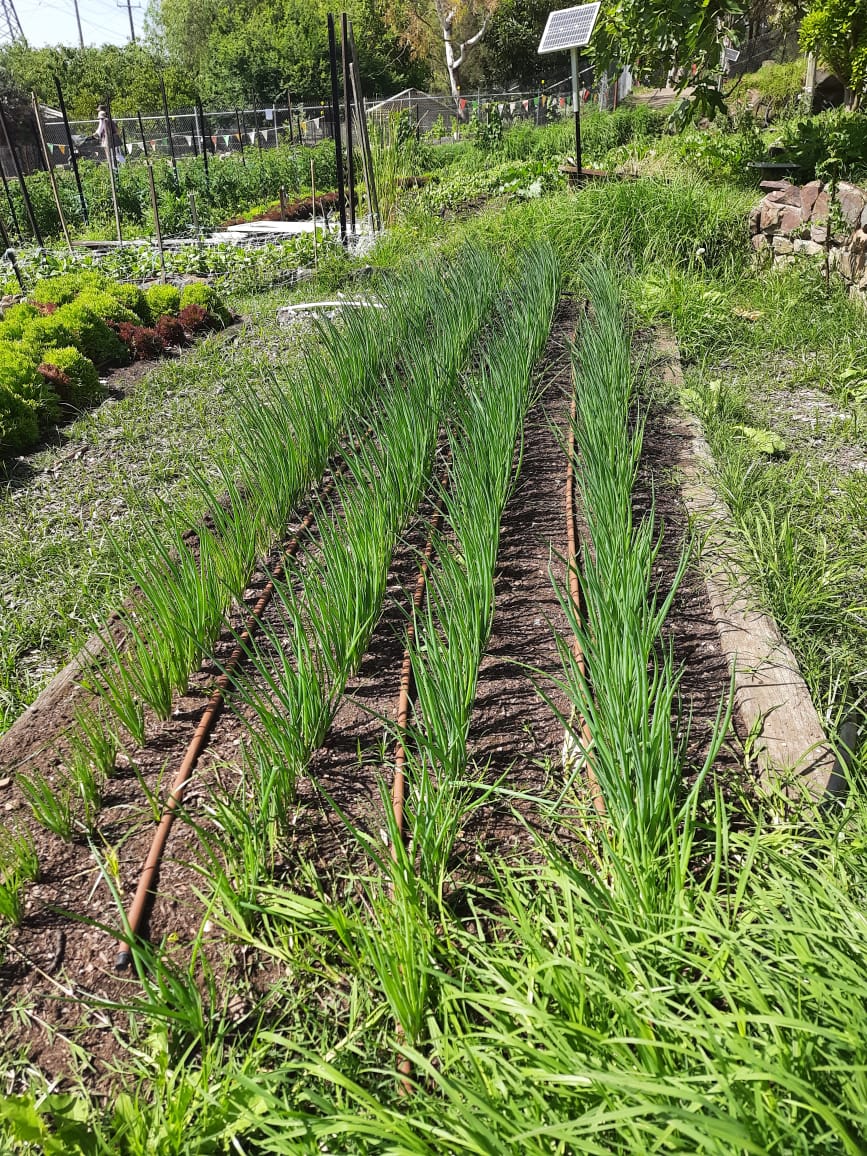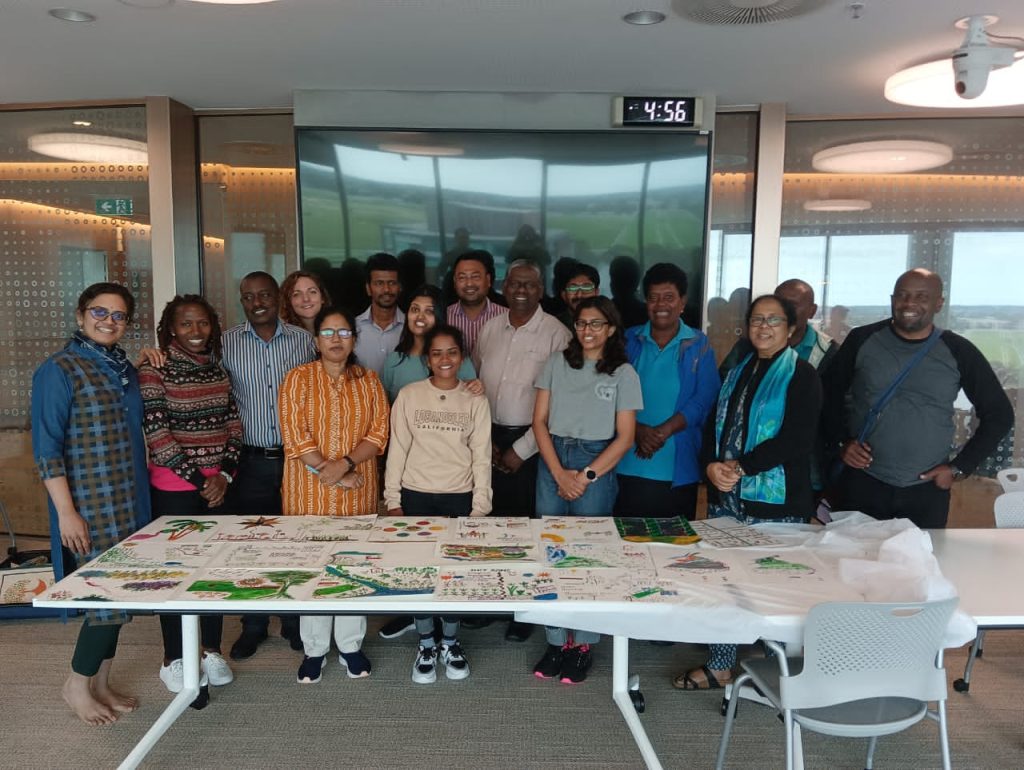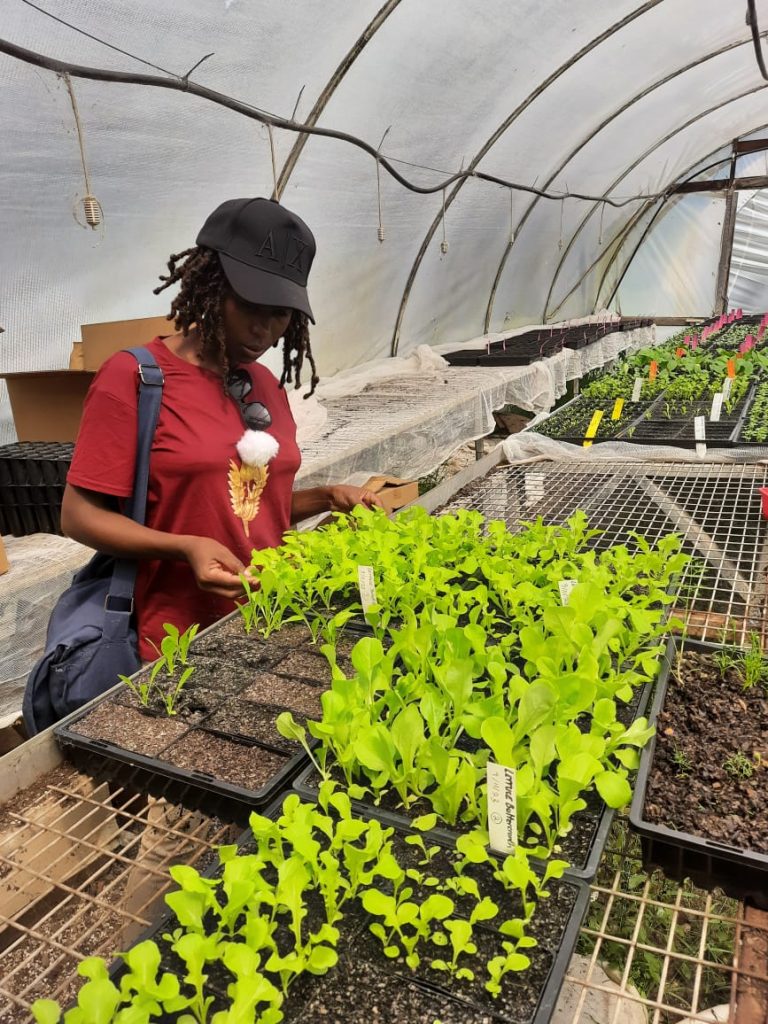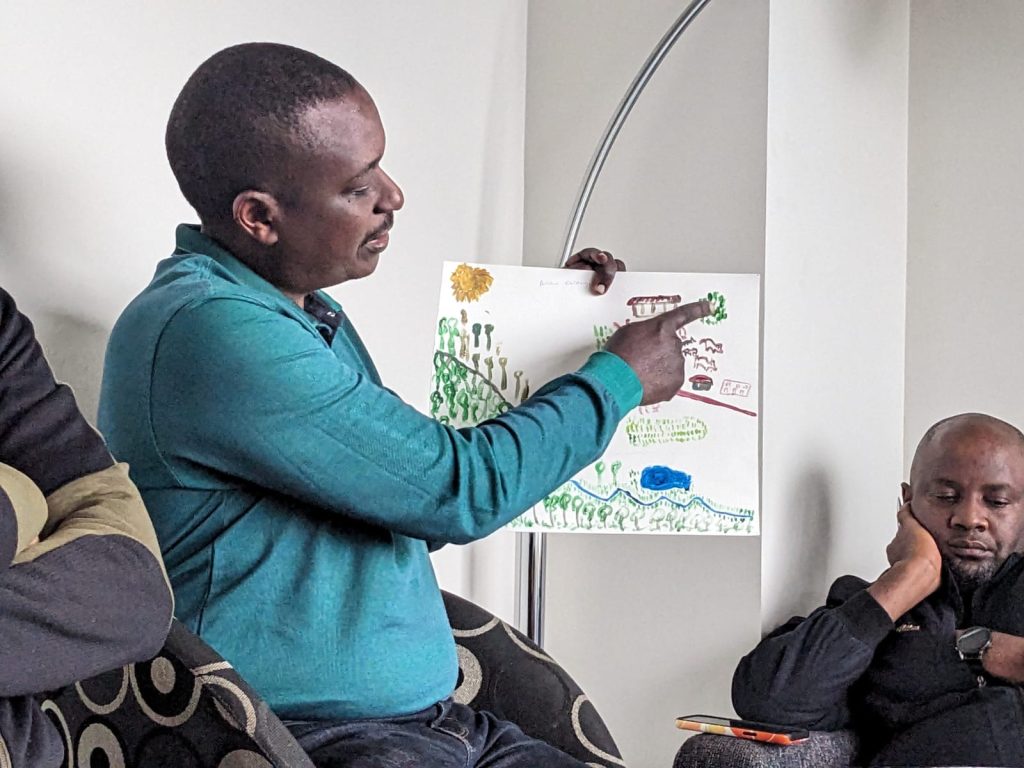Friday, January 19th, 2024 | By

In December 2023, the Australian Government under the Department of Foreign Affairs and Trade offered Australian Awards fellowship on agro ecology to government and no-governmental actors and academicians from Uganda, India, Sri Lanka, Solomon Islands and Australia.
The fellowship hosted by Monash University from 30th November to 17th December was aimed at building the capacity of fellows in climate-resilient agriculture and sustainable food systems.
Three fellows were selected from Uganda including Allan Kalangi, the Sustainability School Manager at National Association of Professional Environmentalists (NAPE), Precious Naturinda, the Senior News Editor at NAPE’s Community Green Radio and David Ssemwogerere from Suubi Centre; among 18 fellows from the five countries.

Associate Professor, Jagjit Plahe from Monash University and Professor Kristen Lyons from University of Queensland in Australia led the fellows through workshops both on-line and face-to-face aimed at sharing knowledge; and on-site visits to gain practical agro-ecology farming skills in Victoria and Queensland regions. The fellowship was titled, ‘Building Climate –Resilient Agri-food futures: Reducing Emissions and Improving Food Security through Agro-ecology.
“The challenge of climate resilience and food security is acute in five countries with the rise of temperatures and increased droughts in India, the rise of water levels and reductions of land in Sri Lanka and Solomon Islands and a combination of longer and devastating harsher droughts in Uganda. According to the 2022 IPCC report, ecosystem-based approaches such as diversification, land restoration, agroecology and agroforestry have the potential to strengthen resilience. The project will enhance capacity building of agro ecology change agents and foster networking across global agro ecological movements,” mentioned the Professors.

Some of the sites visited included Centre for Education and Research for Environmental strategies (CERES); an environmental park to learn innovative practices in sustainable chemical-free organic food systems, regenerative farms, community bush food gardens used for food and medicine, Permaculture villages with sustainable agricultural and land management systems, markets with local chemical free produce among others.

Allan Kalangi said the fellowship feeds into NAPE’s campaigns on seed sovereignty and food security campaigns, campaigns against chemical use and monoculture, and promoting agro ecology. He said he will incorporate the knowledge gained into the campaigns existing and work with local communities to promote the indigenous knowledge on sustainable farming practices. He appreciated the organizers for the opportunity and pledge continued partnership.

Precious Naturinda said she was excited to learn more about developed countries embracing chemical-free and organic food for sustainable food systems. She said Uganda is experiencing increasing industrialization and commercialization of food systems and agriculture which is affecting food sovereignty, biodiversity and ecology. She said the trend is threatening the local people especially farmers, their food and survival.
She said she will use the knowledge gained to amplify the narratives on agro ecology and to compel the small holder farmers to take part in practices and processes to protect food systems. She noted that she will highlight the key actions taken by small-scale farmers in building resilience against climate change through practices and movement building and also highlight the current seed and land struggles of small holder farmers in rural communities and their key actions taken to protect their rights.

ENDS//
Copyright ©2025 Community Green Radio . All Rights Reserved. Designed : Lwegatech